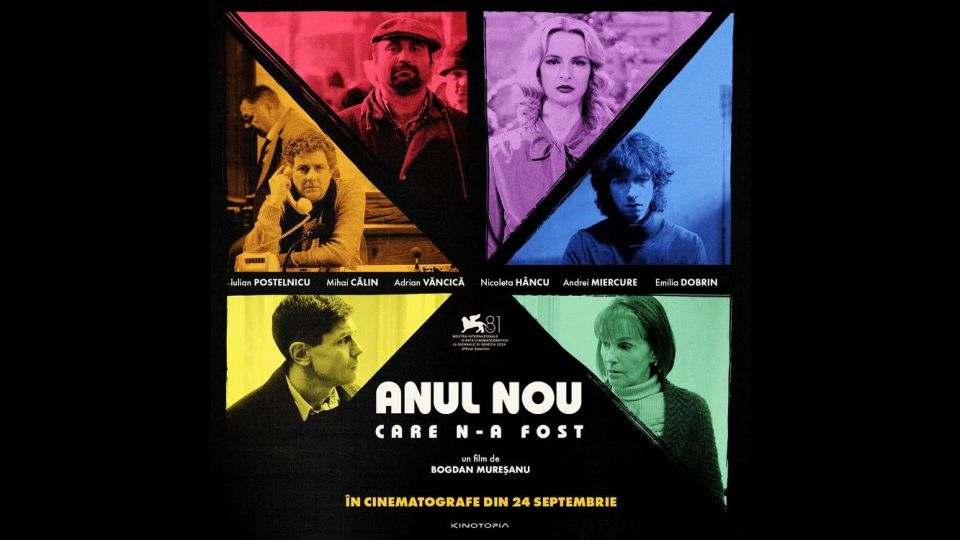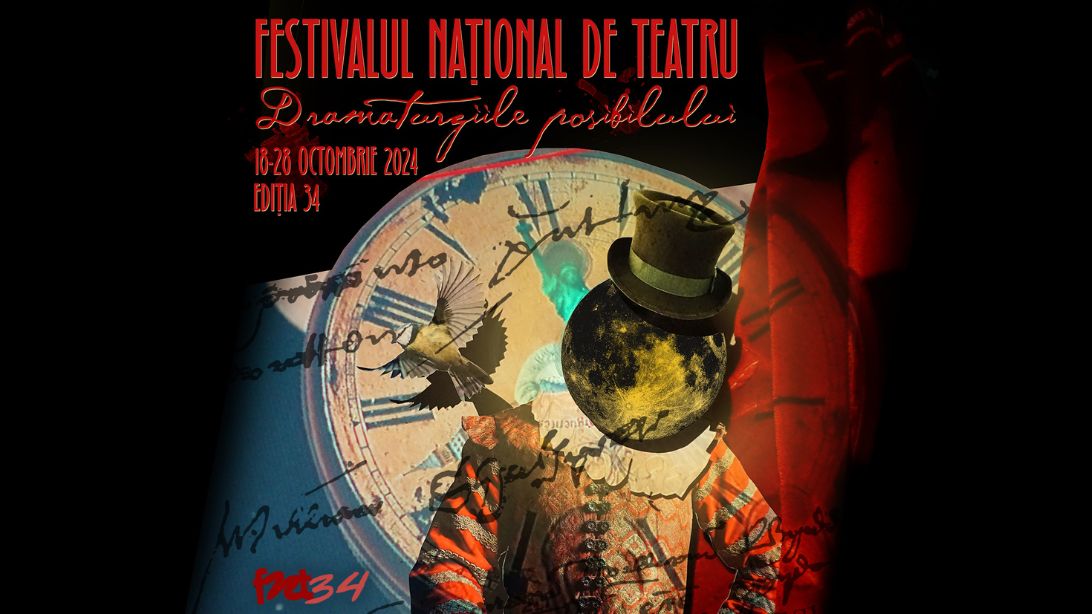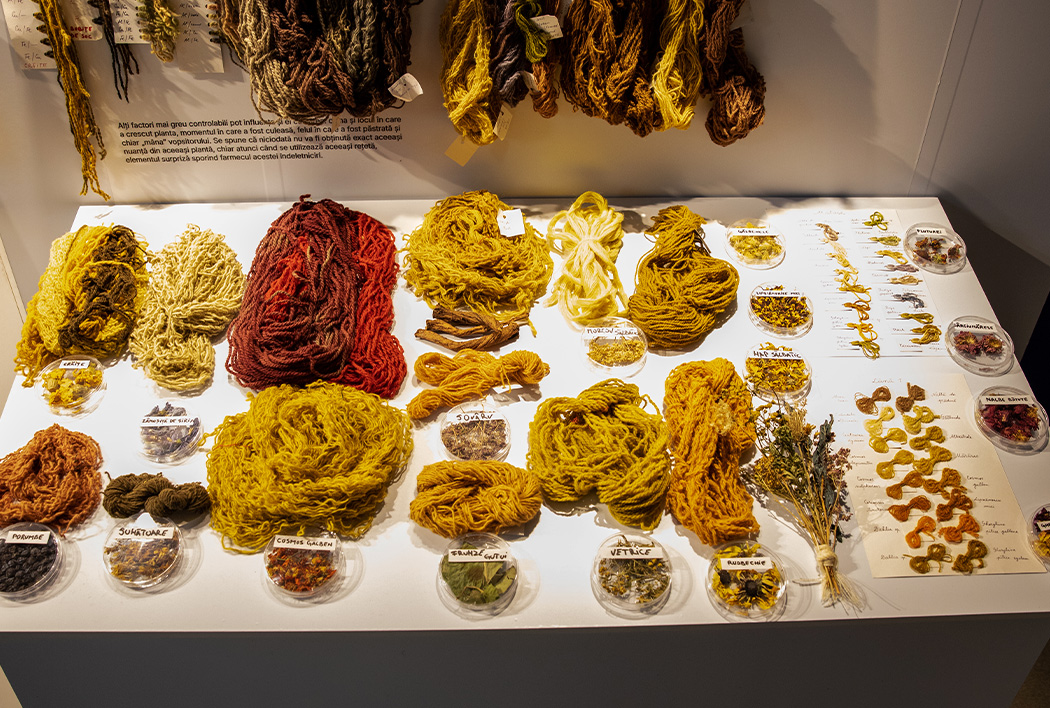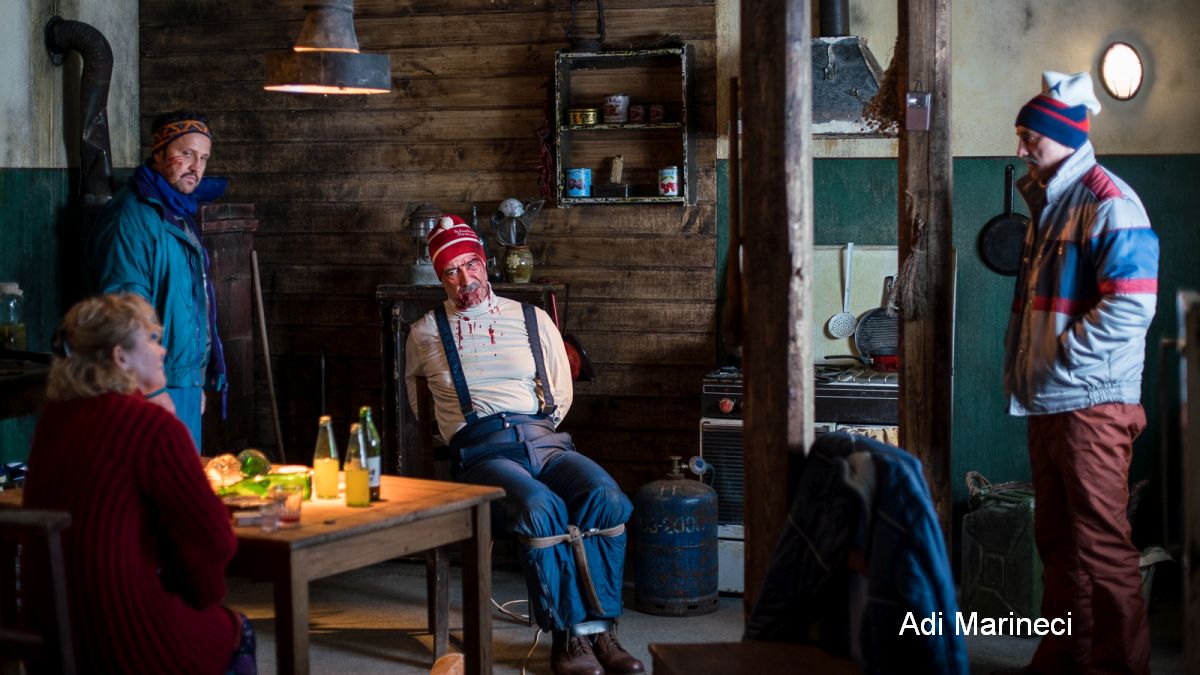The ”Gellu Naum” Festival at its first edition
The National Romanian Literature Museum in Bucharest jointly with the Gellu Naum Foundation have this year staged the inaugural edition of the Gellu Naum Festival.

Corina Sabău, 07.10.2016, 21:19
For two days running, the most notable contemporary Romanian poets got together in Bucharest and Comana to pay homage to Europes last great surrealist poet and prose writer. Through the two sessions, organizers sought to initiate a dialogue between different creation spaces and ages, with the purpose of putting to good use the heritage of Romanian literature and its recent written culture.
Apart from the sessions where guest poets read from their own work, the authors were invited to give personal answers to the question ‘How did I get to know Gellu Naum?, by providing recollections, memories, sketches and ideas, all revolving around the celebrated surrealist poet Gellu Naum. The host of the event, writer Simona Popescu, is the author of two volumes entitled “On Surrealism and Gellu Naum and “Clava. Critifiction with Gellu Naum. The second volume, which was brought out a few years after the first one, included a series of critical essays.
Simona Popescu has said, quote “Being close to Gellu Naum for many years, that certain sense of existential dignity which is his poetrys vital principle became increasingly clear to me. He had a visceral need for purity and for that he was fiercely uncompromising with himself, and then with the others, he tried not to mingle with them, with their mistakes. His own errors caused him great suffering in (…) Being wrong meant to him straying away from the “core of poetic existence. The slightest instance of straying away from what he called principles brought with it imbalance, opacity, hostility.
Simona Popescu also said that she had the idea of staging the festival in late 2015, when the birth centenary of Gellu Naum was commemorated (he was born on August 1, 1915), all the more so since Gellu Naums writings “created solidarity. Given that for their most part critics have rated Gellu Naum as Europes last great surrealist poet, we asked Simona Popescu if surrealism was something we could still speak of, today.
Simona Popescu: Surrealism does exist, there are surrealist poets who write even to this day, there are very interesting groups all over the world. For the following editions of the festival, I would like to be able to bring over members of the surrealist group in London, of the Swedish group and also surrealists in Prague. Around the world, there are poets who present themselves as being surrealists. So surrealism continues to exist in literature as well. Therefore, apart from literature and prejudices, surrealism is immortal, just like Romanticism is immortal, and in much the same way as all literary trends are immortal. We are all surrealists in our own way, at least when we dream. When we dream, all of us are surrealists, just as we are – whether we like it or not –romantics, postmodern and classics. And these things are given a name, from time to time. Surrealism has always existed, but only in the 1930s it was labeled as such, when it was conceptualized by the French surrealists who had borrowed the concept from Apollinaire. And here we are today, still speaking about surrealism, and we shall speak about it till the end of the world.
“Poetry is a form of superior dissatisfaction. It questions principles, systems, and hierarchies, at the same time rejecting vulgarity with its increasingly human face. While the unhappy people of this world were looking for those ‘terrible storms they could measure their strength against, ‘the others resorted to the bracing feeling of confidence offered by the sentries, overbidding their perspectives, feeding themselves at their convenience, to quote a fragment from My Exhausted Father, Simona Popescu writes.
One of the guest poets in the Gellu Naum Festival was Nora Iuga, whose work critics described as being related to surrealism from her very first volume: “I am absolutely convinced that surrealists are born just like that, as surrealists. What I mean is that I dont believe that a surrealist poet could appear as the result of a creative writing course. Its true, poet Miron Radu Paraschivescu is the one who wrote the foreword to my debut book, saying that there is a similarity between me and Gellu Naum. Since then, such comparisons have not been really made in Romania. I was not really part of the Gellu Naums famous group of literary friends. I met Gellu Naum later, because his writings could not be found during the Stalinist period. I found out about the existence of this word, ‘surrealism, quite late, in the mid 1960s. Actually, it was then that I read the first poem by Gellu Naum, called Athanor. I read it and I felt as if I was electrocuted, perplexed, because I did not understand much, but I loved it. I had never read anything like that in my whole life and I had no idea that anybody could think or write like that, without apparent meaning, but with such vibrant beauty and feeling of the unexpected. To me, it was the moment when I became aware that I usually preferred the intangible, that is something that resembles nothing else and what remains incomprehensible, because this is where the great mystery lies. And the great mystery is what dominates our lives.






























